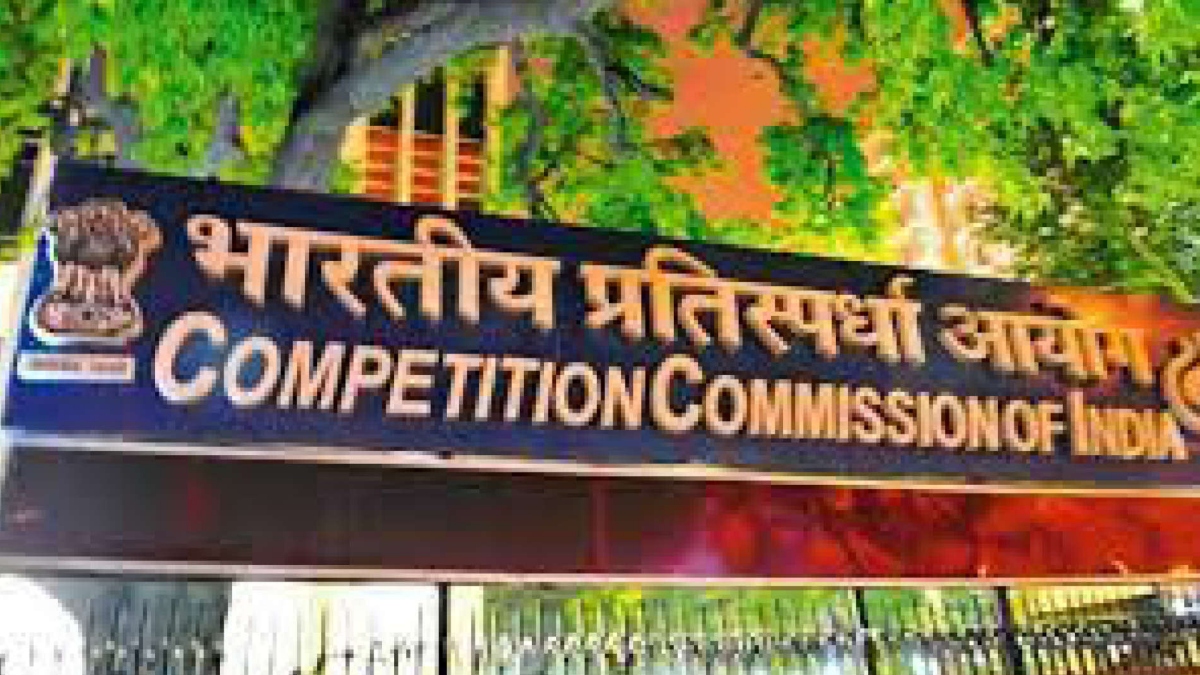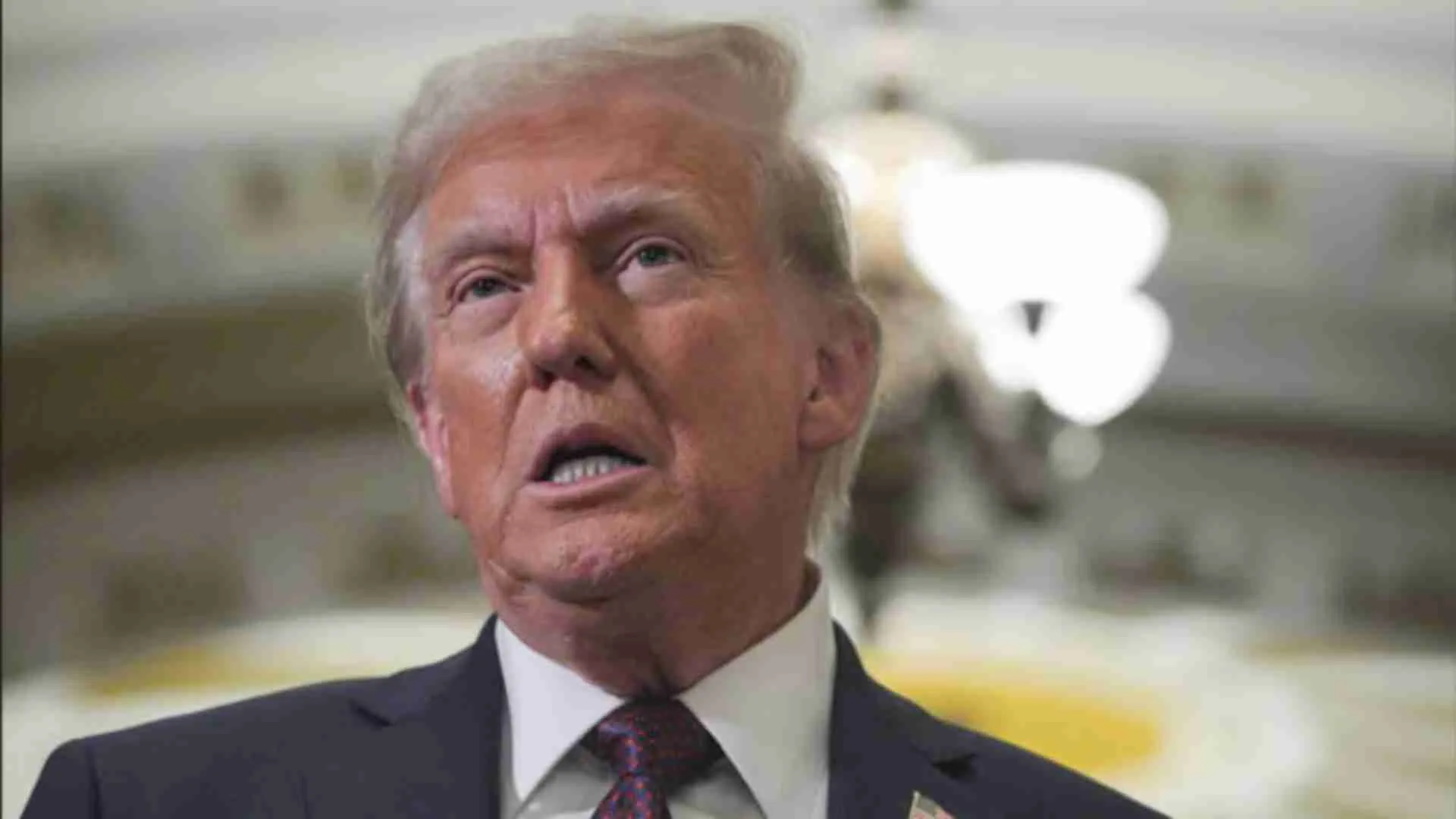After a decade, the central government of India has introduced a Competition Law Amendment Bill 2022 to amend procedural and seminal aspects of the Competition Act 2002.
It was first introduced for public consultation in February 2020 and now it has been finally tabled before the lower house of the parliament of India and it will be debated in the winter session of the Parliament. This bill was firstly recommended by Competition Law Review Committee in 2019 and the feedback of Public Stakeholders on the draft of the Competition Law Amendment Bill 2020.
Competition Law Amendment Bill 2022 is a game-changing bill, it is drafted to fulfill the loopholes and to synchronize with the modern conditions of the market which is rapidly growing with the new technologies and methods.
The bill will provide more authority and flexibility to the competition Act 2002 by broadening the scope of Anti-Competitive Agreements, modification of several definitions provided under the Competition Act, approvals of fast-track for mergers & acquisitions etc.
Major Changes Through Competition Law Amendment Bill 2022
Some of the critical changes by this amendment bill are addressed below:-
BROADENING THE SCOPE OF ‘CONTROL’
The existing competition law act defines “control” as controlling or managing the affairs of a company but this amendment bill proposes a wider scope of control.
Through this Bill, CCI adopted a widening and comprehensive definition of control comprising de facto control, de jure control and material influence.
INTRODUCTION OF DEAL-VALUE THRESHOLD IN MERGER AND ACQUISITION CONTROL
This amendment bill proposes new criteria to determine whether any acquisition or merger requires approval from the CCI or not. The current threshold is based on the turnover and assets of the parties to the transactions. It was noticed that there are some transactions which have the power to impact the competition in the market, especially in the digital economy, they were able to avoid scrutiny under the current regime. But after applying the “Deal-Value Threshold” any acquisition or merger that crosses the value of 2000 crores INR will require approval from CCI. The introduction of the deal-value threshold in the amendment bill is one of the major and important provisions. It is practised internationally and it will bring several such transactions annexing “asset lite” and “low revenue” technology sturt-up under the CCI’s scrutiny.
HUB & SPOKE CARTEL
Here’s the new addition to Hub & Spoke cartel in the Anti-trust Provisions. It gives more teeth and flexibility to the anti-trust agreements in India. Hub and spoke agreements are the horizontal inhibition on the supplier or the retailer level i.e spokes, which are executed through the vertically related players that serve as common manufacturers, retailers called the hub. The “hub” facilitates the coordination between the spokes without direct contact between the spokes. Hence, here is the transfer of information from the spokes to the hub and the hub act as a medium to facilitate the cartels.
GUN-JUMPING PROVISION
The phrase gun-jumping is nowhere mentioned in the Competition Act 2002 but the Competition Commission of India explained gun jumping to allude any pursuant to the proposed combination which has the effect of consummating the combination or any part thereof without approval, express or implied from the competition authority. In the given framework CCI has the power to penalize the parties up to 1% of the “total assets or turnover” without prior approval of CCI but in the amendment bill, CCI has the power to punish up to 1% of the “deal value” of the transaction.
APPOINTMENT AND THE POWERS OF THE DIRECTOR GENERAL
The central government has the power to appoint the Director General under the current framework of the Competition Act but the amendment bill proposes a process regarding the appointment of the director general in which CCI empower to appoint the DG with the prior approval of the Central Government. The bill also widens the powers of the DG by (i) scrutinising the agents of the company like legal advisors, bankers, officers, employers etc. (ii) can seek information from a third party about the affairs of the company under the investigation process.
INTRODUCTION OF THE LIMITATION PERIOD FOR FILING INFORMATION
The Competition Law Amendment Bill 2022 proposes a limitation period for filing information before CCI regarding violation of the anti-trust law which has a limitation period of three years from the date of cause of action and the current framework does not have any limitation in the filing of information.
ENCHASING PENALTY AND PENALTY GUIDELINES
The bill propones higher penalties in terms of anti-trust violations. The penalty for making a false statement has been increased from 1 crore INR to 5 crore INR. The bill also mandates the Competition Commission of India to publish the guidelines concerning the amount of penalty to be levied violations for of the provisions of the competition law.
CONCLUSION
The major changes envisaged above lucidly indicate that the bill has adequate contention that will give more flexion and flexibility to the existing legal framework. This bill will innovate the competition law regime in our country with detailed guidelines and strict regulations.























